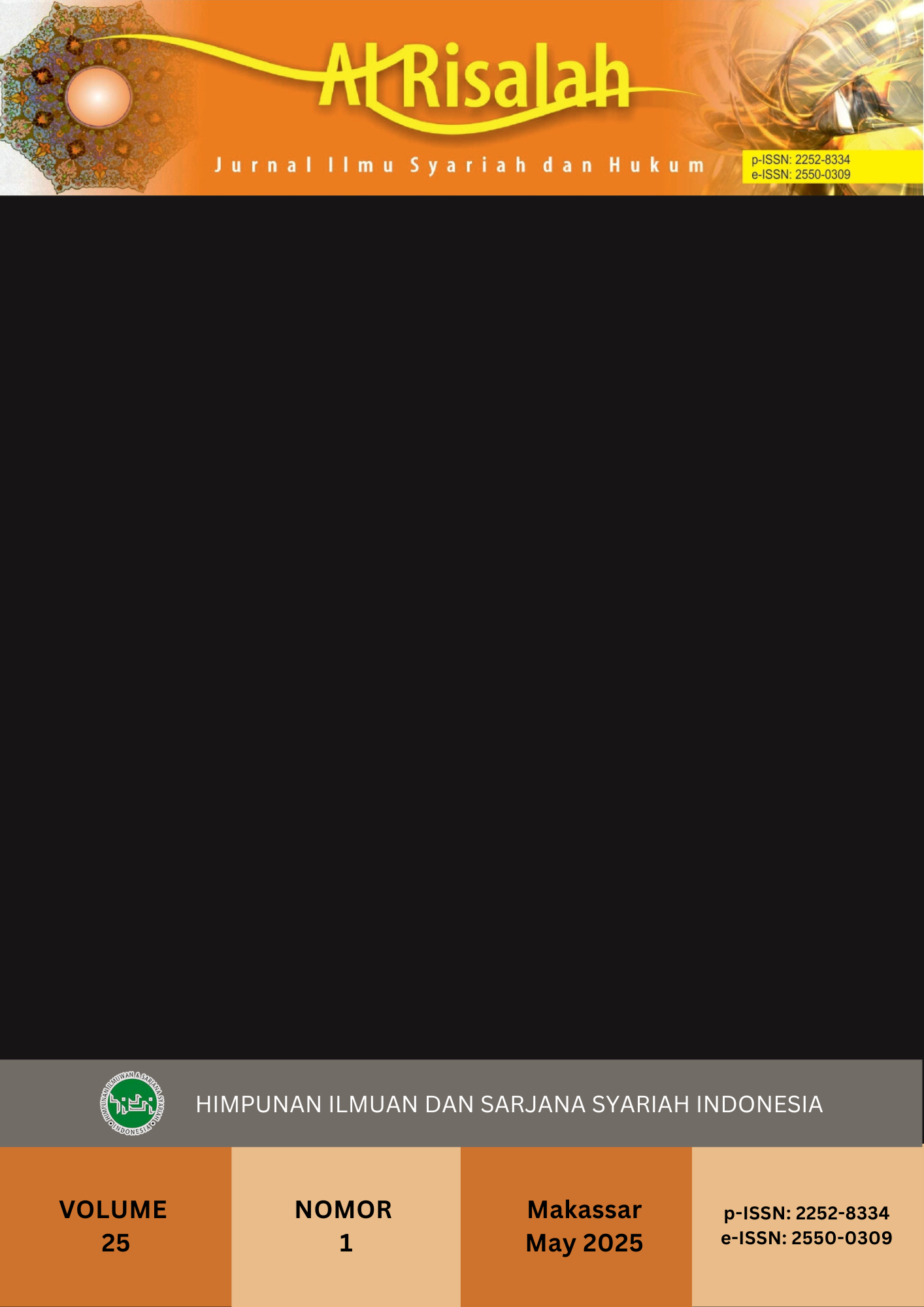The Application of Minority Fiqh in Muslim Communities: A Case Study of Religious Adaptation in Tana Toraja
Abstract
The concept of minority fiqh (fiqh al-aqalliyyat) addresses the unique challenges faced by Muslim communities living as minorities in non-Muslim-majority societies. Tana Toraja, a region in Indonesia with a predominantly Christian population, presents a distinct sociocultural context where Muslims must navigate religious practices while adapting to local customs. This study aims to examine the application of minority fiqh in the daily lives of the Muslim minority in Tana Toraja and explore how Islamic law is contextualized within this pluralistic society. Using a qualitative case study approach, data were collected through in-depth interviews with religious leaders and community members, participatory observations, and document analysis. The findings reveal that the Muslim community in Tana Toraja adopts a flexible approach to religious practices, particularly in matters of interfaith marriage, religious celebrations, and social interactions, emphasizing principles of maslahah (public interest) and tolerance. This study contributes to the existing literature by providing empirical insights into the practical implementation of minority fiqh in a unique cultural setting. The research highlights the importance of an adaptive and contextualized approach to Islamic jurisprudence to ensure the preservation of religious identity while fostering social harmony. These findings offer valuable implications for policymakers, religious scholars, and minority Muslim communities worldwide in addressing the complexities of religious coexistence in diverse societies.
References
-
Copyright (c) 2025 Abdul Wahid Haddade, Muhammad Risal

This work is licensed under a Creative Commons Attribution 4.0 International License.


